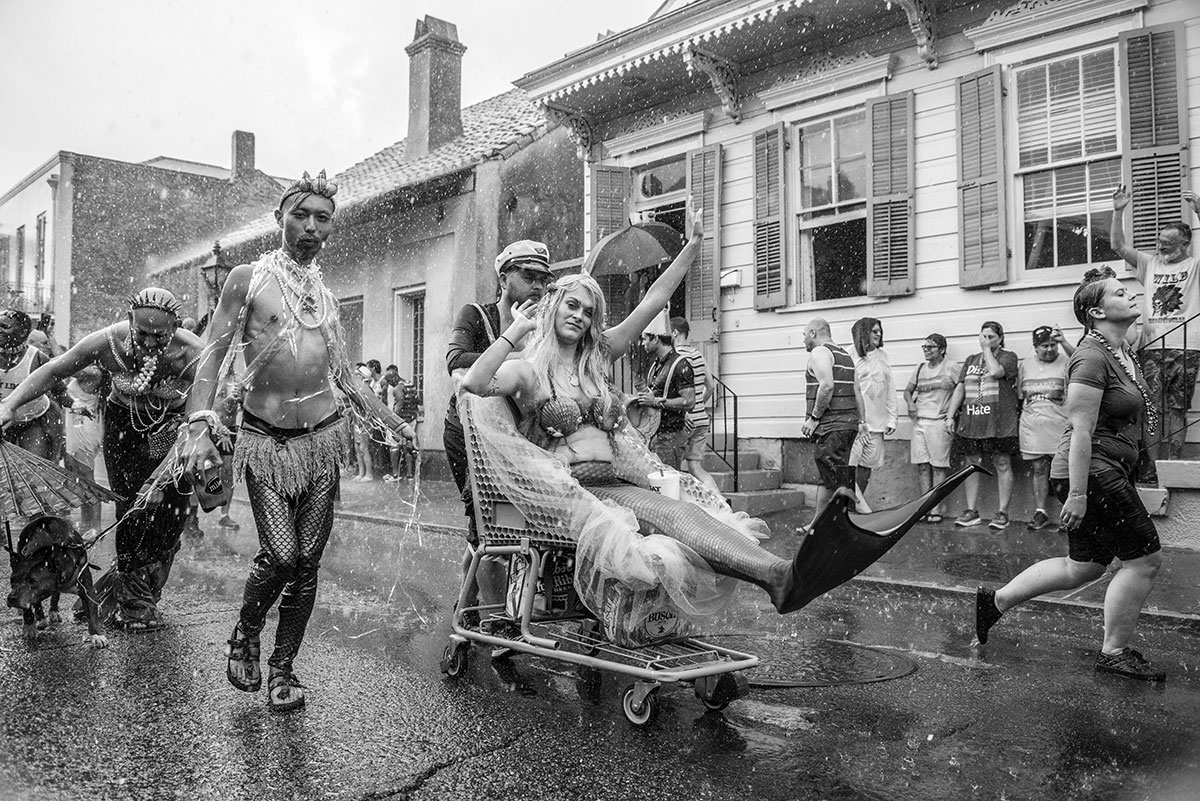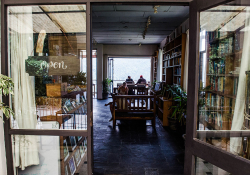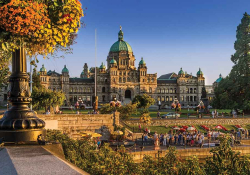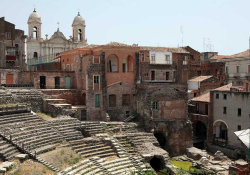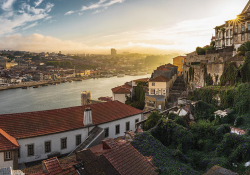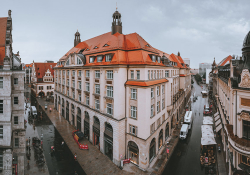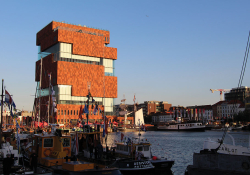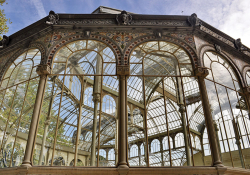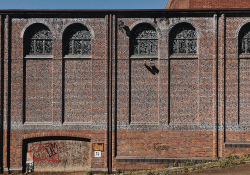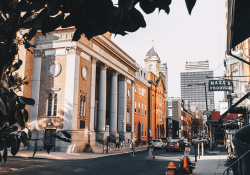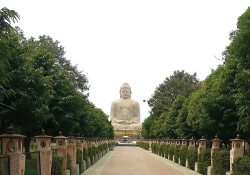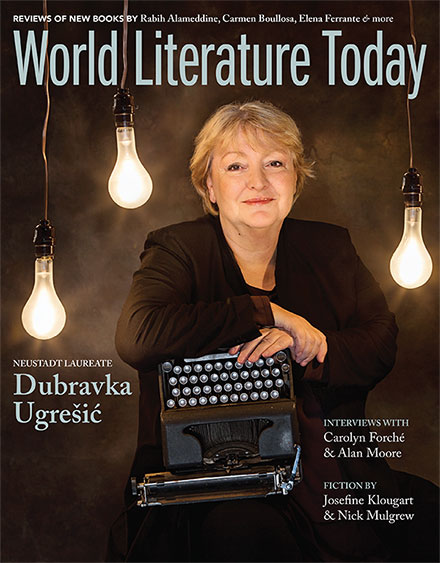New Orleans
Literature inhabits the antiquated, potholed avenues of New Orleans like a dense and permanent fog. Stories sweat down from the French Quarter’s trellised terraces, haunt the neon bar lights of the Marigny, and are bellowed and whispered in the shotgun houses of Tremé.
New Orleans’ richness of material has attracted many writers to the city. Sherwood Anderson and William Faulkner both spent time here, using the city as inspiration in their work. Faulkner wrote his first novel, Soldiers’ Pay, while living in Pirate’s Alley, in a building that now houses Faulkner House Books, the city’s most charming bookstore. Eudora Welty and Ernest Hemingway also spent time writing here. The most famous literary representation of the city comes in Tennessee Williams’s play A Streetcar Named Desire, which is largely responsible for the perception of New Orleans in popular imagination.
Another classic representation comes in the comic novel A Confederacy of Dunces, about the corpulent, overeducated man-child Ignatius Reilly and his misadventures in the French Quarter, by New Orleans native John Kennedy Toole. The bronze statue of Ignatius Reilly on Canal Street attests to the Pulitzer Prize–winning work’s impact on the city.
Tennessee Williams once called New Orleans one of the “the last frontiers of Bohemia.” Thanks to the city’s unique and enduring cultural traditions and the artists, writers, and other characters it continues to attract, this legacy hasn’t changed. For a taste of the city’s living literary bohemia, visit Frenchmen Street at night to request a verse from one of many street poets camped out with their typewriters ready to tap out a personalized poem on request. Or visit the Poetry Brothel, a Storyville-esque bordello where patrons are led off to private rooms by “poetry whores” for readings of original poems for cash. A little more highbrow, every spring the Tennessee Williams / New Orleans Literary Festival honors the memory of Williams while encouraging contemporary writers with fiction and one-act play competitions. The festival even features a Stanley and Stella shouting contest. The Words and Music Festival, which celebrates the legacy of William Faulkner, is held every fall.
Other stops for literary aficionados should include Hotel Monteleone, which has famously housed Ernest Hemingway, Tennessee Williams, Eudora Welty, and William Faulkner as well as more recently, Anne Rice, Stephen Ambrose, and John Grisham. The literary suites were named for the writers who once stayed there. Truman Capote, who claimed to have been born in the hotel, once frequented the Monteleone’s Carousel Bar.
For a meal, consider Galatoire’s Restaurant, where Williams once regularly lunched, or Restaurant Stanley, located in the Pontalba Apartment Buildings, which serves Streetcar-inspired menu items like Eggs Stanley. Nearby, at 632 St. Peter Street, is the house where Williams lived and wrote A Streetcar Named Desire.






